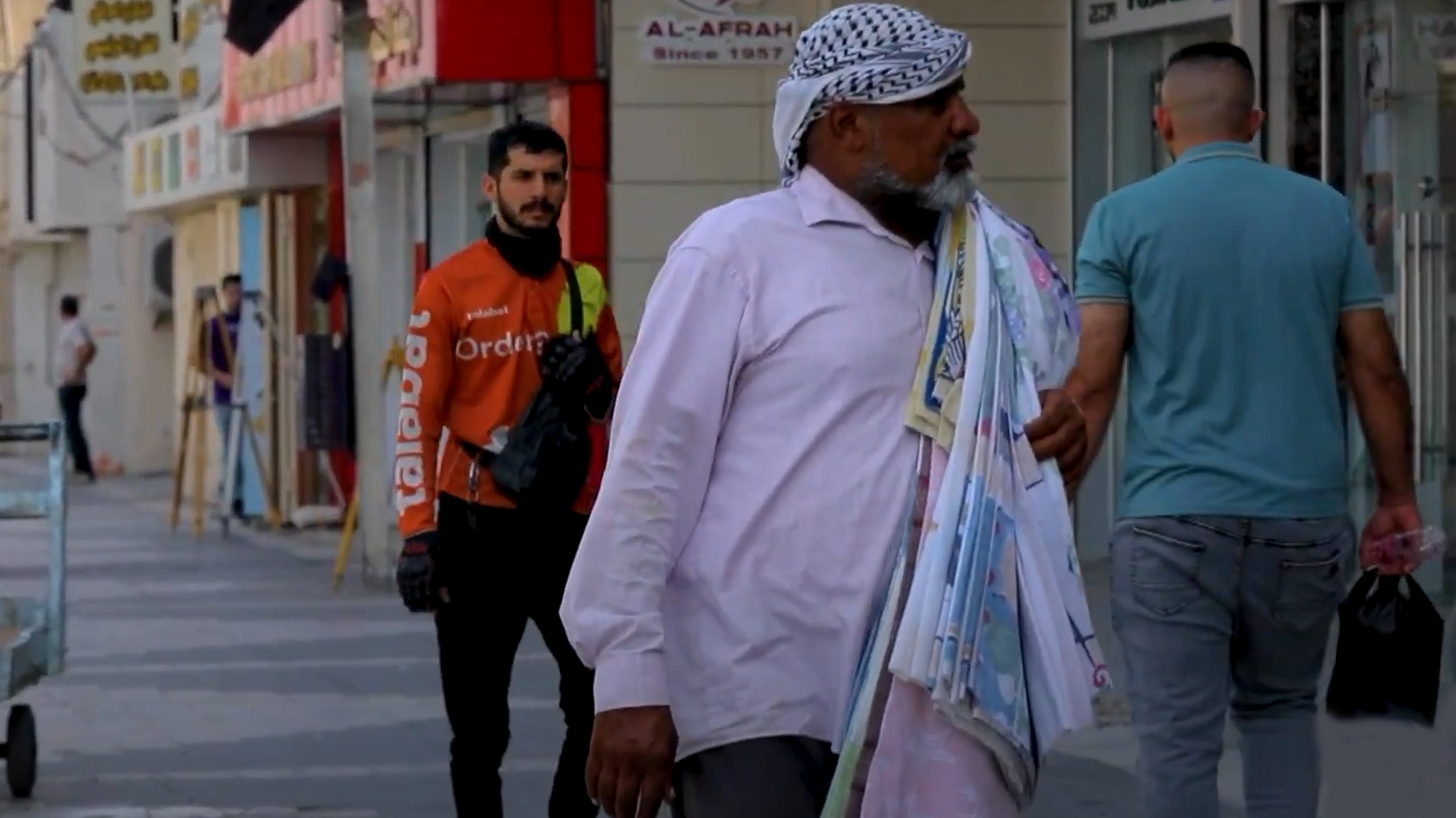Iraqis Voice Growing Despair: ‘No Production, No Hope’ as Economic Crisis Deepens
Iraqis face worsening economy & security fears amid government failures. Citizens cite no real reforms, oil dependence persists as Iran-Israel tensions fuel anxiety. Calls grow for jobs, sector revival before term ends.

By Ahora Qadi
Erbil (Kurdistan24) – Since early 2024 until now, Iraqi citizens have been enduring intensifying economic and political turmoil, giving rise to widespread frustration and anxiety over the federal government's performance, particularly its failure to revive the country's ailing economy.
Fluctuating economic indicators and deteriorating living conditions have become defining features of life across Iraq over the past year and a half. A growing number of citizens are now openly questioning the government’s ability to execute meaningful economic reforms, particularly as the state continues to rely heavily on oil revenues while failing to diversify income sources or stimulate production.
Speaking to Kurdistan24 from Baghdad, one citizen remarked: “Since Prime Minister Al-Sudani took office, we haven’t witnessed any real economic achievement. We’ve seen bridges and infrastructure projects—but that’s not an economy. Real economy means production and reducing our dependence on oil.”
Another added, “There’s an obvious governmental failure. They’ve been unable to reform the economy comprehensively. This is clear from the harsh reality we’re living in. People feel hopeless because there are no genuine solutions.”
Security fears compound economic woes
Adding to the economic despair are rising security concerns. Recent escalations between Iran and Israel have reawakened Iraqi fears of being pulled into broader regional conflict, particularly with the resurgence of activities by armed factions within Iraq.
A resident from Baghdad told Kurdistan24: “The economy keeps getting worse, poverty and unemployment are rising, and people are genuinely distressed. Even the Iran-Israel conflict affected us psychologically—there was real fear that Iraq could get dragged into it.”
Mounting criticism as government term nears end
With the current government's mandate nearing its end, observers and analysts are highlighting multiple areas of underperformance, foremost among them the economy, which has seen erratic policy decisions, acute setbacks, and a lack of clear fiscal strategies.
Citizens continue to demand urgent action—chief among them the creation of job opportunities, inflation control, and revitalization of Iraq’s long-neglected industrial and agricultural sectors. These demands reflect a broader push to break the country's chronic over-reliance on oil and rebuild a sustainable economic model.
Kurdistan24 corresponded in Baghdad contributed to this report